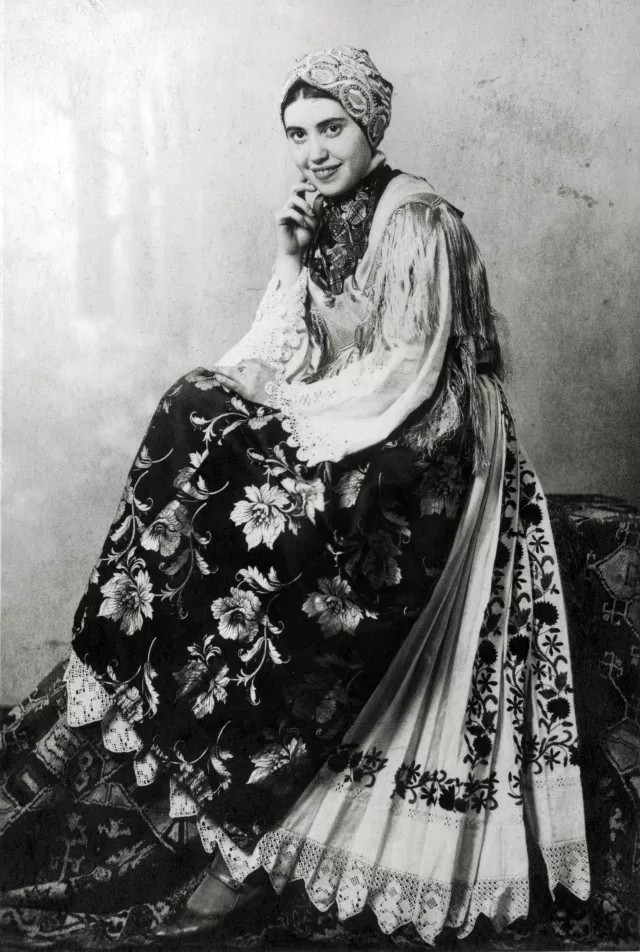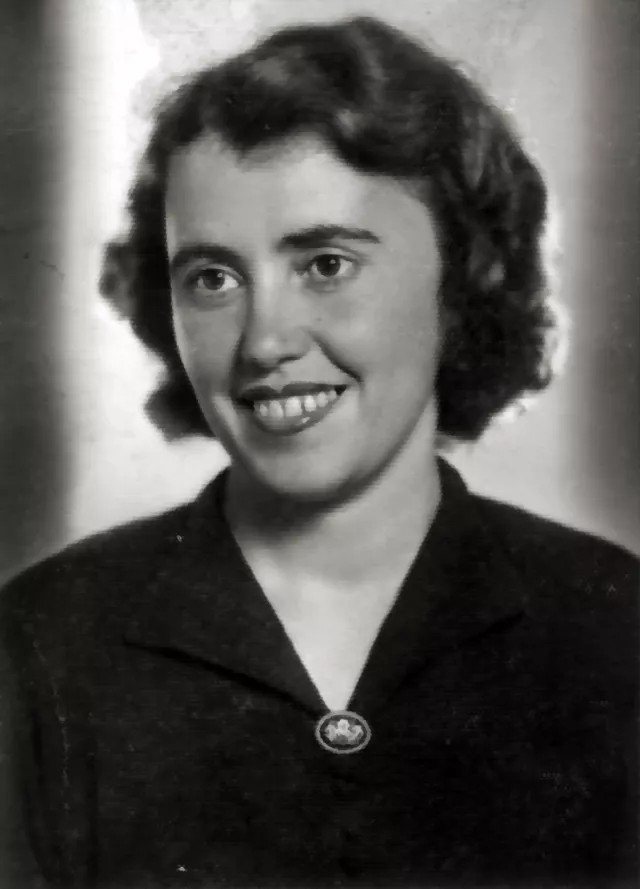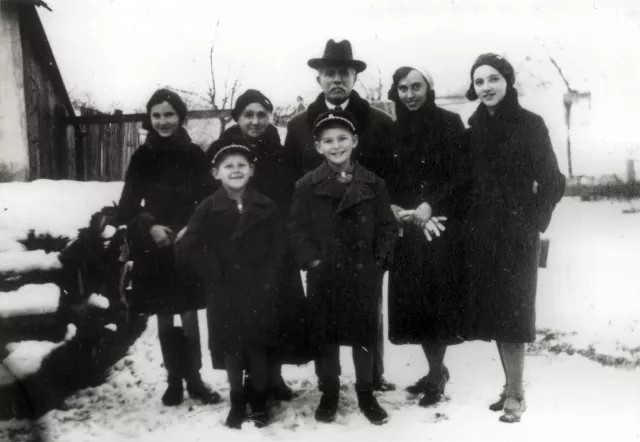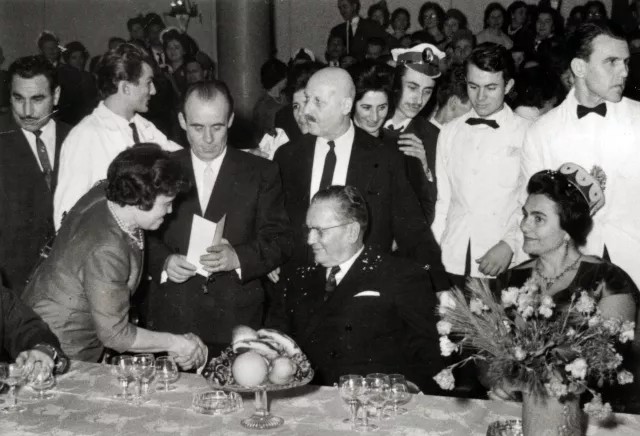Elvira Kohn

Elvira Kohn in a traditional Slavonian dress
Short summary
Elvira Kohn was born in 1914 in Sarajevo, Bosnia and Herzegovina, into a middle-class Sephardic Jewish family. The next year family moved to Vinkovci, Croatia. Her father, Leon, was a merchant, and her mother, Esther, managed the household. Elvira grew up in a traditional Jewish home that maintained Sephardic customs. The family spoke Ladino at home and observed religious holidays. The Jewish community was tightly knit, and Elvira remembered her childhood fondly, attending both Jewish and state schools. Before World War II, Elvira was an active young woman engaged in both her studies and community life. She did not identify as religious, but she respected tradition and felt strong ties to her heritage. She moved to Dubrovnik in 1932 and worked as a photographer.

Elvira Kohn in Vinkovci (1930s)
Everything changed in April 1941 when the Germans and their allies invaded Yugoslavia. The Independent State of Croatia (NDH) was established under Ustaša rule, and anti-Jewish laws were enacted swiftly. Elvira was arrested because of her Jewish identity and taken to a transit camp. From there, she was transferred to various detention sites.
Elvira’s survival was due in part to a courageous act by a friend and by sheer resilience. She avoided deportation to death camps and was eventually sent to a forced labor site instead. She lived under constant threat but managed to survive by staying unnoticed, relying on allies, and enduring harsh conditions.
After Italian capitulation she joined the Yugoslav partisan movement. She was among the first female war photojournalists in Yugoslavia.

Elvira Kohn with her maternal grandparents and cousins (1940s)
After the war, she settled in Zagreb, where she continued her work in photography. She led the photo department at the House of the Yugoslav People's Army (JNA) until her retirement in 1964. Elvira was a member of the League of Communists of Yugoslavia (SKJ), and her professional and social life was closely tied to the Party.
Despite this, she maintained connections with the Jewish community. Immediately after the war, she became a member of the Jewish community in Zagreb and re-established contact with relatives abroad.
Elvira never married and had no children. She dedicated her life to her work and to preserving the memory of the Jewish community and the experiences of the Holocaust.





